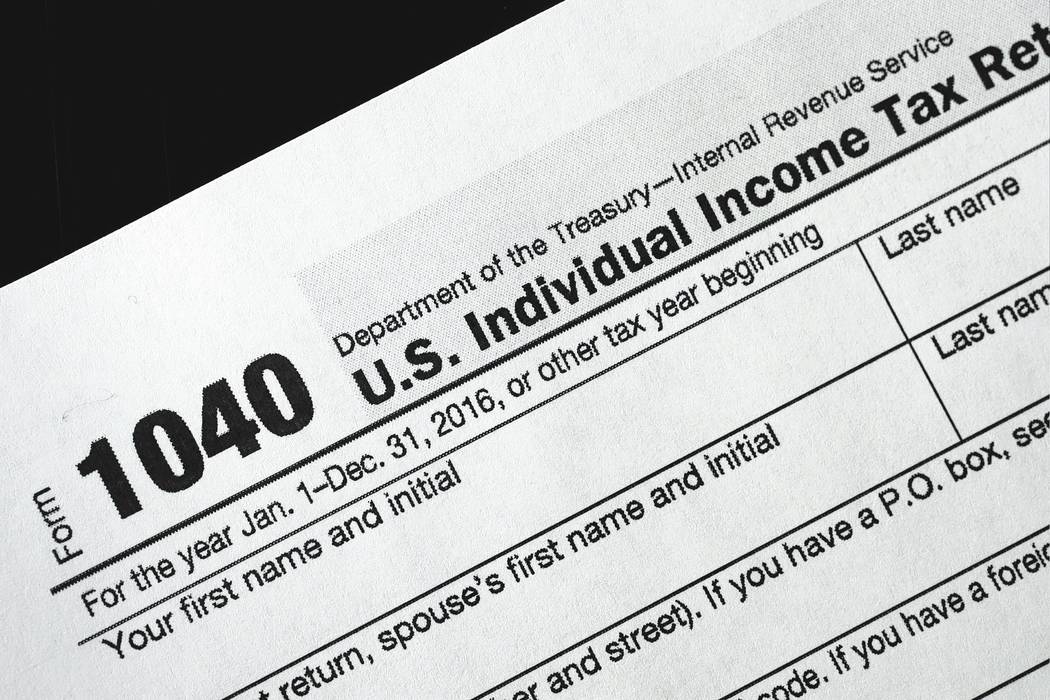Expanding estate tax an affront to private property
In his letter published Thursday, Robert Welz proposes that we abolish the current income tax system and replace it with an “inheritance (death)” tax. I have to admit the concept of not paying any taxes while I am alive is enticing.
But while I agree that our tax code needs a major overhaul, the solution Mr. Welz proposes is an affront to the concept of private property.
Mr. Welz intimates that the owner of property should not be allowed to dispose of the property as the owner so chooses, no matter that the owner spent a lifetime of effort, time and good choices in acquiring it. I find it intellectually dishonest and self-serving (not to mention envious and worse) that anyone would think that — not having contributed any effort, time or capital to the acquisition of that property — there is an open claim to it.
I, as Mr. Welz, agree that everyone should have “skin in the game,” as he states. My question: Do the approximately 50 percent who don’t pay taxes have consequential assets that would be subject to the proposed inheritance tax? My guess is, probably not. So how does the proposed solution alleviate the “half the population pays nothing” and “skin in the game” issues? Answer: It doesn’t.
Instead, the proposal transfers their responsibility to the people who have spent a lifetime building their property base (which may be savings, homes and cars, retirement accounts, real estate, family businesses, etc.). How is that fair and equitable?
This is the usual “let the rich or the deceased who have no voice pay for everything” argument that does not and never will work. The answer is not an inheritance tax. Everyone needs to be involved in the revenue side of the tax system as well as the receiving side of governmental services. A practical solution is a combination of a flat tax with limited deductions and a national sales tax. Easy, simple and as fair as any taxing system will ever be.

















